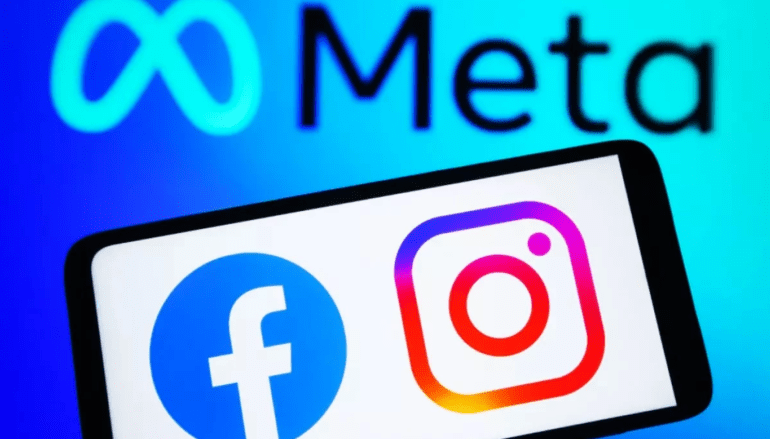- Meta, the parent company of Facebook and Instagram, will introduce a labeling system for AI-generated content starting in May.
- The move aims to provide transparency and context to users and governments regarding the risks associated with deepfakes and manipulated media.
- Instead of removal, Meta will rely on labeling and contextualization to inform users about the nature of the content they encounter.
- The initiative aligns with collaborative efforts among major tech companies and AI stakeholders to combat deceptive content online.
- Despite these measures, experts express concerns about potential gaps in the system, particularly regarding open-source software.
- Meta’s implementation will occur in two phases, with AI-generated content labeling set to commence in May 2024.
- Notably, Meta will cease the removal of manipulated media solely based on its previous policy in July, emphasizing the importance of upholding community guidelines.
Main AI News:
In a bid to address concerns surrounding deepfakes and manipulated media, Meta, the parent company of Facebook and Instagram, has announced plans to implement a labeling system for AI-generated content starting in May. This move comes as part of Meta’s efforts to provide transparency and context to users and governments, aiming to mitigate the risks associated with the proliferation of deepfakes.
The decision follows criticism from Meta’s oversight board, which urged the company to reevaluate its approach to manipulated media in light of advancements in artificial intelligence technology. Instead of outright removal, Meta will now rely on labeling and contextualization to inform users about the nature of the content they encounter on its platforms.
Monika Bickert, Vice President of Content Policy at Meta, emphasized the importance of transparency in addressing the challenges posed by manipulated media. She stated that the new labeling system, dubbed “Made with AI,” will not only cover manipulated content but also identify a broader range of AI-generated content, including video, audio, and images.
Furthermore, Meta’s initiative aligns with a collaborative effort among major tech companies and AI stakeholders to combat the spread of deceptive content online. Earlier agreements between Meta, Google, and OpenAI to implement a common watermarking standard for AI-generated images underscore the industry’s commitment to addressing this issue.
Despite these measures, some experts remain cautious about the effectiveness of such initiatives. Nicolas Gaudemet, AI Director at Onepoint, pointed out potential gaps in the system, particularly regarding open-source software that may not adhere to industry-standard watermarking practices.
Meta’s implementation will occur in two phases, with AI-generated content labeling set to commence in May 2024. Notably, Meta will cease the removal of manipulated media solely based on its previous policy in July, emphasizing the importance of upholding community guidelines regarding hate speech and voter interference.
Recent incidents, including the dissemination of convincing AI deepfakes and political misinformation campaigns, highlight the urgency of addressing these challenges. Meta’s response comes amid growing concerns about the misuse of AI technology to manipulate public discourse and influence elections globally.
The oversight board’s recommendations, prompted by instances such as the circulation of a manipulated video of US President Joe Biden, underscore the complexities of moderating content in the digital age. As political actors increasingly turn to AI to generate deceptive content, platforms face mounting pressure to implement effective safeguards against misinformation and manipulation.
Conclusion:
Meta’s initiative to label AI-generated content signifies a proactive approach to addressing the challenges posed by deepfakes and manipulated media. While this move enhances transparency and accountability, concerns remain about the effectiveness of such measures, particularly in the face of evolving AI technologies and potential gaps in implementation. However, by collaborating with industry stakeholders and emphasizing community guidelines, Meta aims to foster a safer online environment, albeit amidst ongoing challenges in moderating digital content.

